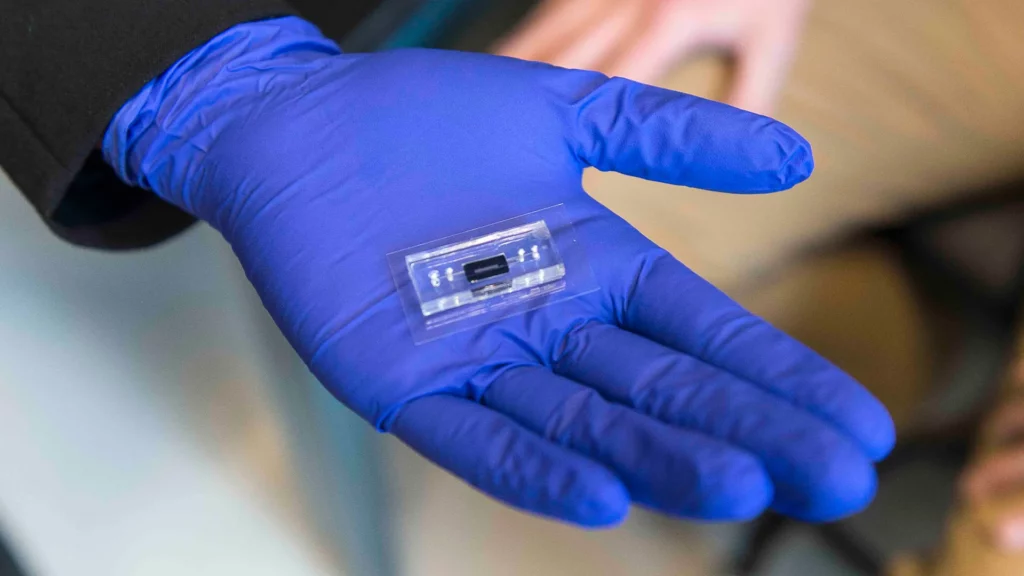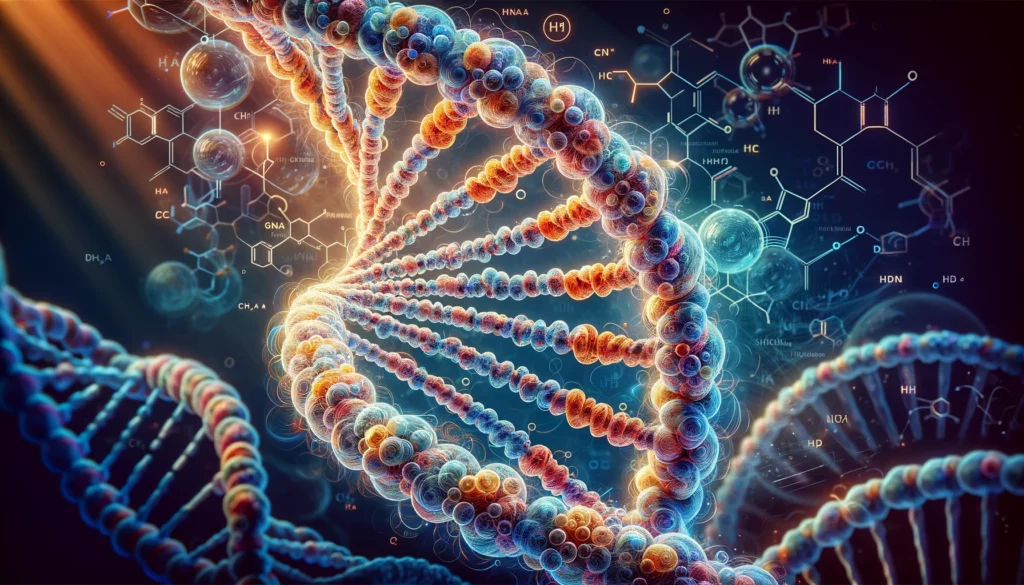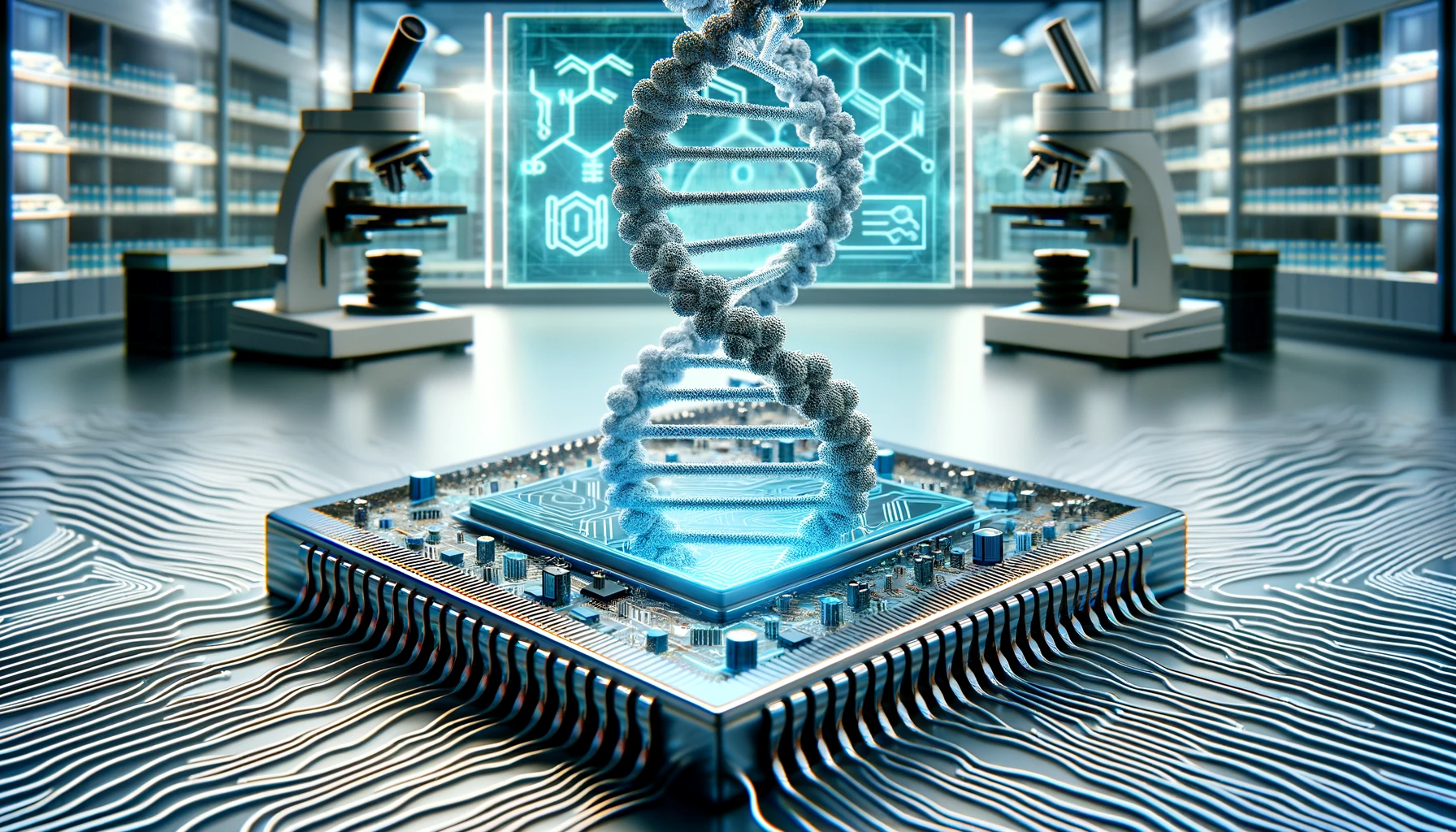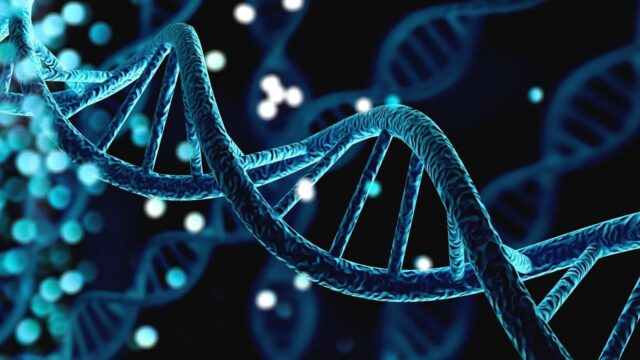Scientists have made a significant breakthrough by developing a new bio-computer chip that can perform mathematical operations critical for training artificial intelligence (AI) and handling big data processes. This new bio-computer platform stores data on modified DNA molecules and performs basic calculations using microfluidic channels.
New computer with DNA chip makes AI more efficient
DNA is known as the blueprint of life, encoding genetic information, much like how data is encoded onto electronic-based storage devices. DNA-based devices have previously been used for encoding data on a small scale, but this prototype chip also uses DNA to process data.

Amlan Ganguly, the head of the Computer Engineering Department at Rochester Institute of Technology and author of the study, notes that DNA is much more efficient than electronic modes for data storage.
Researchers have explored how they can manipulate DNA at the molecular level. They drew parallels between functions of DNA, like sequencing (data reading) and synthesizing (data writing), and computing.
The encoded data on the DNA was processed by cutting at various points to represent the 1s and 0s of the binary system and using microfluidic channels for different calculations. Researchers found they could store and process data on the same chip and perform basic calculations.

Advantages of data processing with a DNA chip computer
DNA-based data processing can perform both storage and computing in the same component, unlike traditional computers where storage and computation components are separate. DNA can store 1,000 times more data per unit volume than SSDs, increasing data processing efficiency.
Moreover, DNA processing offers “unique parallelism,” enabling billions of simultaneous operations. Although this new device is still a proof-of-concept, researchers hope to scale the device to one day use it to train AI systems.














